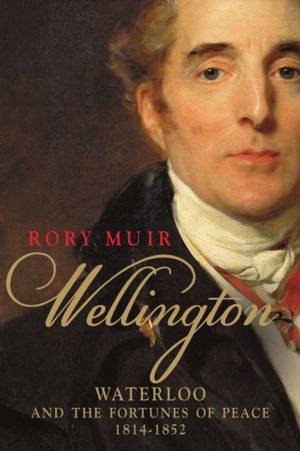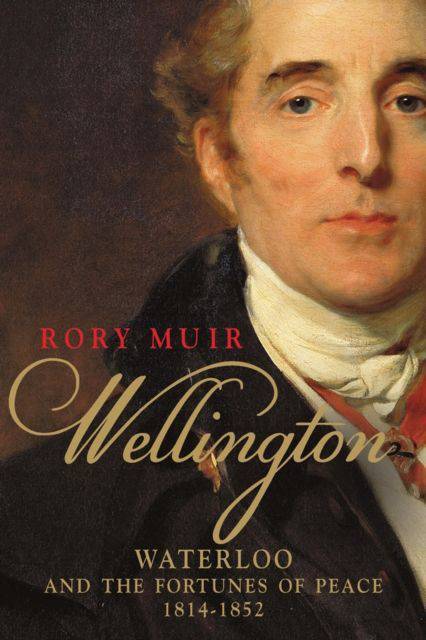
- Retrait gratuit dans votre magasin Club
- 7.000.000 titres dans notre catalogue
- Payer en toute sécurité
- Toujours un magasin près de chez vous
- Retrait gratuit dans votre magasin Club
- 7.000.000 titres dans notre catalogue
- Payer en toute sécurité
- Toujours un magasin près de chez vous
41,95 €
+ 83 points
Description
From the leading Wellington historian, a fascinating reassessment of the Duke's most famous victory and his role in the turbulent politics after Waterloo Wellington's momentous victory over Napoleon was the culminating point of a brilliant military career. Yet Wellington's achievements were far from over: he commanded the allied army of occupation in France to the end of 1818, returned home to a seat in Lord Liverpool's cabinet, and became prime minister in 1828. He later served as a senior minister in Peel's government and remained Commander-in-Chief of the Army for a decade until his death in 1852. In this richly detailed work, the second and concluding volume of Rory Muir's definitive biography, the author offers a substantial reassessment of Wellington's significance as a politician and a nuanced view of the private man behind the legend of the selfless hero. Muir presents new insights into Wellington's determination to keep peace at home and abroad, achieved by maintaining good relations with the Continental powers and resisting radical agitation while granting political equality to the Catholics in Ireland rather than risk civil war. And countering one-dimensional pictures of Wellington as a national hero, Muir paints a portrait of a well-rounded man whose austere demeanor on the public stage belied his entertaining, gossipy, generous, and unpretentious private self.
Spécifications
Parties prenantes
- Auteur(s) :
- Editeur:
Contenu
- Nombre de pages :
- 728
- Langue:
- Anglais
Caractéristiques
- EAN:
- 9780300187861
- Date de parution :
- 09-06-15
- Format:
- Livre relié
- Format numérique:
- Genaaid
- Dimensions :
- 160 mm x 241 mm
- Poids :
- 1360 g







